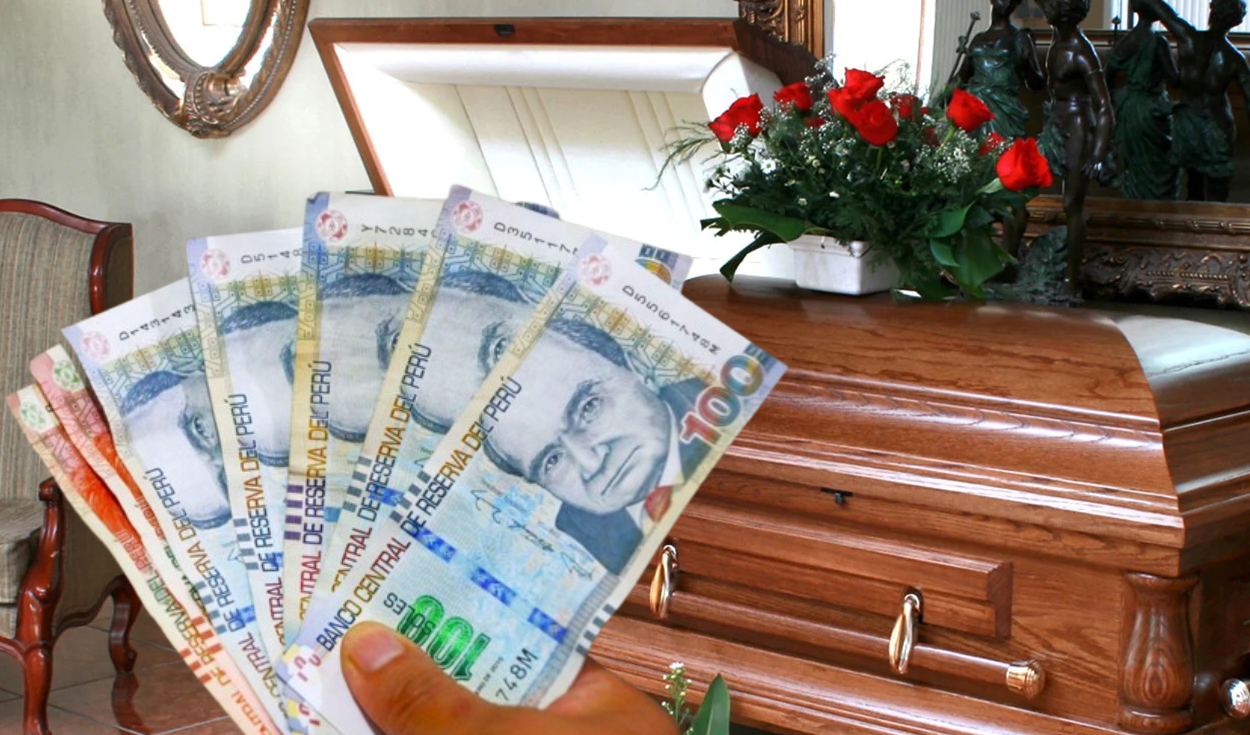
In Death casethe relatives of the users of various entities of the financial system may have doubts about what will happen to the money of the savings account of the deceased. The Superintendence of Banking, Insurance and AFP (SBS) Regulates this situation and offers information on deposits, insurance, credits and corresponding pensions.
In this sense, in this article we explain what happens to your savings if you do not leave inheritance and what family members should take into account.
If you die, the bank stays with your money?
According to Eduardo Chávez, Legal General Manager of the Peruvian Association of Insurance Companies (Apeseg)in an interview with the Republic, the bank does not appropriate the money of a saving man who dies. In case of this unfortunate event, relatives must present an intestate succession or a declaration of heirs. Once the declaration is made, the legal heirs can access the funds that the person maintained in the bank.
“If you are a bank saver and unfortunately you die, that money is not going to be the bank. What family members have to do is present the Intestate successionor also called DECLARATORY OF HEIRSand once the declaration is presented, the legal heirs of the bank will be able to access the money of those who in life maintained their savings, ”said the expert.
If a relative dies, what happens to the debts he has with the bank?
As for debts That a person can have with a bank at the time of his death, Chávez explains that there are two types of modalities activated by insurers. The first modality is the most common and covers the balance of the pending debt, in case of death or permanent disability. In this case, the insurer assumes the payment of the debtor balance and the relatives do not have to make any disbursements.
“When you secure the unpaid balance, if the credit holder dies or remains permanent and total disability —That does not allow you to generate income—automatically the insurance company takes over the absolute debtor balance and family members do not have to pay anything, ”added Chávez.
The second modality, less requested due to its high cost, covers the initial amount of the debt. In this scenario, if the holder dies or is invalid, the insurer issues two checks: one to the bank for the balance of the debt and another to the legal heirs due to the difference with respect to the initial amount.
“If the person dies or is totally and permanently invalid, and cannot generate income, the insurance company revolves two checks: one in the bank’s name by the balance of the debt and another second check due to the difference with respect to the initial amount in favor of the person’s legal heirs, ”he said.
What happens to my savings if I stop using my bank account?
An inactive bank account is defined as the one that has not been used by the holder to receive income or retire. According to the General Law of the Financial System and the Insurance and Organic System of the Superintendence of Banking and Insurance (Law 2670)if an account remains inactive for a period of 10 years, the money is transferred to the deposit insurance fund (FSD).
“The deposits, securities or other assets of the clients that remain in a company of the financial system for 10 years, without new impositions or withdraws part of them or their interests and without the medie claim during that period, to the Like the respective yields, they constitute resources from the deposit insurance fund (FSD)”, Says article 182.
In addition, the Banking Superintendence, Insurance and AFP (SBS) It establishes that financial institutions must notify their clients when their accounts meet this period of inactivity, providing them with the opportunity to reactivate or close them.
Source: Larepublica
Alia is a professional author and journalist, working at 247 news agency. She writes on various topics from economy news to general interest pieces, providing readers with relevant and informative content. With years of experience, she brings a unique perspective and in-depth analysis to her work.












